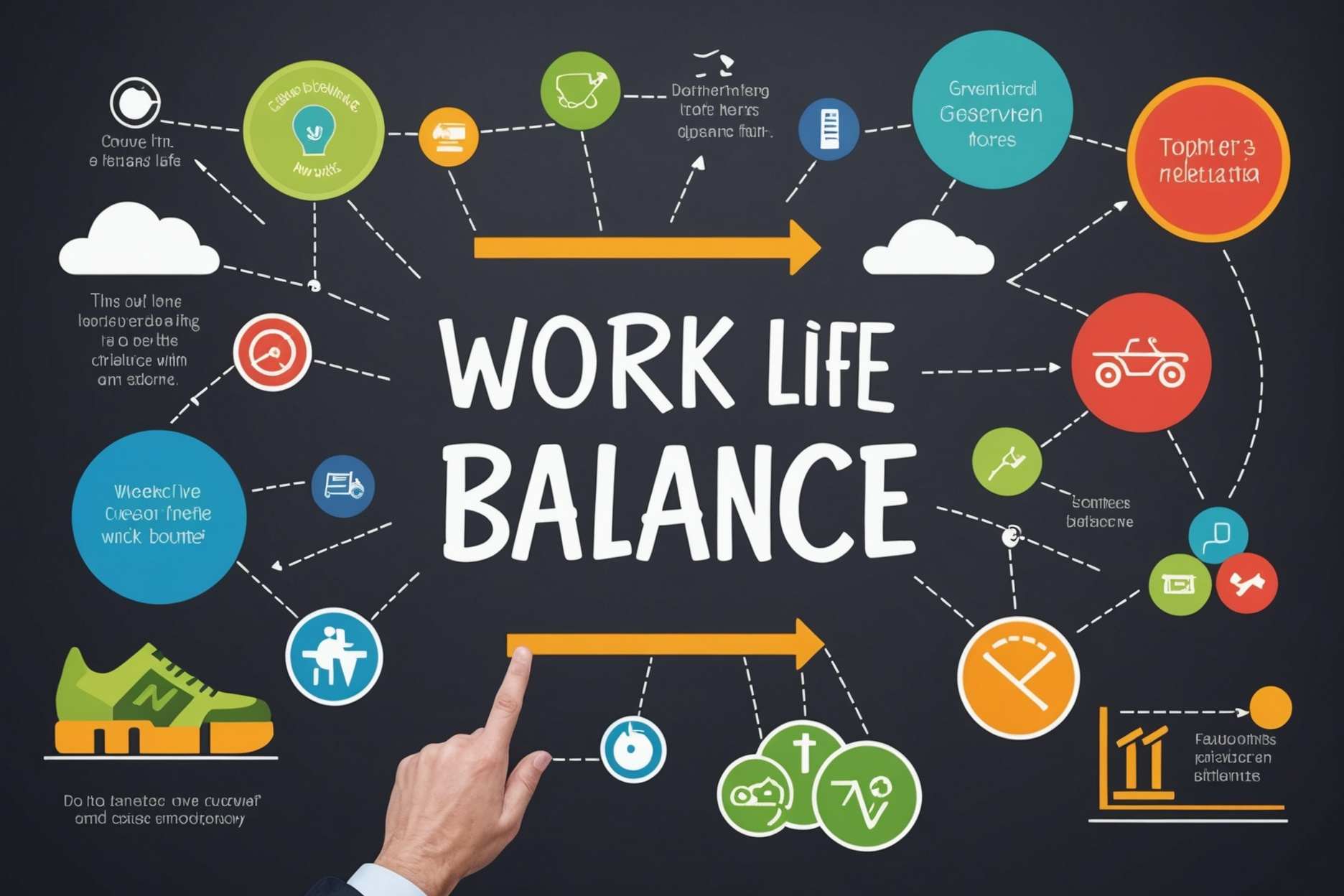Defeating An inability to embrace success in Scholarly world: Individual Victories

An inability to embrace success, the determined sensation of being an extortion regardless of proof of skill, is a typical test looked by scholastics. This article investigates individual accounts of people who have battled and won over inability to acknowledge success, featuring the difficulties they experienced and the techniques that empowered them to beat it.
Perceiving the Internal Pundit
The most important phase in handling an inability to acknowledge success is to recognize the inward pundit. David, a carefully prepared teacher, states, \I needed to perceive that my self-question was keeping me from chasing after new examination projects.\
Looking for Help
Numerous scholastics draw strength from looking for help from guides, friends, or specialists. Sarah, an alumni understudy, notices, \Examining my insecurities with my counsel assisted me with acquiring viewpoint and foster survival techniques.\
Setting Practical Assumptions
Hairsplitting much of the time intensifies an inability to embrace success. Tom, an early-vocation specialist, makes sense of, \I needed to acknowledge that it's OK not to know it all and that exploration intrinsically includes committing errors and gaining from them.\
Following Accomplishments
Keeping a record of achievements can lighten serious insecurities. Maria, an associate teacher, shares, \I began a diary where I recorded my victories and empowering criticism from understudies and partners.\
Embracing Disappointment
Overcoming an inability to acknowledge success requires embracing disappointment as a pathway to development. Jane, a postdoctoral scientist, comments, \I needed to rethink my viewpoint and view misfortunes as any open doors for learning and improvement.\
Picturing Achievement
Envisioning achievement can essentially improve certainty. Jonathan, a division head, notes, \I started imagining myself giving fruitful introductions and getting honors, which caused me to feel more proficient.\
Testing Negative Considerations
Testing negative thoughts is imperative. Emily, a speaker, reflects, \I figured out how to examine my internal pundit and supplant pointless considerations with additional positive and practical other options.\
Looking for a Fair Work-Life Approach
Keeping a fair work-life timetable can mitigate pressure and faker sentiments. Sarah stresses, \Enjoying reprieves, working out, and investing quality energy with friends and family became fundamental for my psychological prosperity.\
Showing preemptive kindness
People who beat an inability to embrace success frequently become coaches to others confronting comparative hardships. David shares, \I currently coach junior employees and urge them to perceive their accomplishments.\
All in all
To finish up, conquering an inability to acknowledge success in scholarly community requires perceiving the inward pundit, looking for help, laying out sensible assumptions, following accomplishments, embracing disappointment, picturing achievement, testing negative contemplations, taking a stab at balance, and showing preemptive kindness.
These individual triumphs against an inability to embrace success act as updates that even inside scholarly community's cutthroat climate, self-uncertainty can be overcomed. Whether you are an understudy, an early-vocation scientist, or a carefully prepared teacher, these stories give important bits of knowledge into the excursion toward fearlessness and outcome in the scholastic field.
Perceiving the Internal Pundit
The most important phase in handling an inability to acknowledge success is to recognize the inward pundit. David, a carefully prepared teacher, states, \I needed to perceive that my self-question was keeping me from chasing after new examination projects.\
Looking for Help
Numerous scholastics draw strength from looking for help from guides, friends, or specialists. Sarah, an alumni understudy, notices, \Examining my insecurities with my counsel assisted me with acquiring viewpoint and foster survival techniques.\
Setting Practical Assumptions
Hairsplitting much of the time intensifies an inability to embrace success. Tom, an early-vocation specialist, makes sense of, \I needed to acknowledge that it's OK not to know it all and that exploration intrinsically includes committing errors and gaining from them.\
Following Accomplishments
Keeping a record of achievements can lighten serious insecurities. Maria, an associate teacher, shares, \I began a diary where I recorded my victories and empowering criticism from understudies and partners.\
Embracing Disappointment
Overcoming an inability to acknowledge success requires embracing disappointment as a pathway to development. Jane, a postdoctoral scientist, comments, \I needed to rethink my viewpoint and view misfortunes as any open doors for learning and improvement.\
Picturing Achievement
Envisioning achievement can essentially improve certainty. Jonathan, a division head, notes, \I started imagining myself giving fruitful introductions and getting honors, which caused me to feel more proficient.\
Testing Negative Considerations
Testing negative thoughts is imperative. Emily, a speaker, reflects, \I figured out how to examine my internal pundit and supplant pointless considerations with additional positive and practical other options.\
Looking for a Fair Work-Life Approach
Keeping a fair work-life timetable can mitigate pressure and faker sentiments. Sarah stresses, \Enjoying reprieves, working out, and investing quality energy with friends and family became fundamental for my psychological prosperity.\
Showing preemptive kindness
People who beat an inability to embrace success frequently become coaches to others confronting comparative hardships. David shares, \I currently coach junior employees and urge them to perceive their accomplishments.\
All in all
To finish up, conquering an inability to acknowledge success in scholarly community requires perceiving the inward pundit, looking for help, laying out sensible assumptions, following accomplishments, embracing disappointment, picturing achievement, testing negative contemplations, taking a stab at balance, and showing preemptive kindness.
These individual triumphs against an inability to embrace success act as updates that even inside scholarly community's cutthroat climate, self-uncertainty can be overcomed. Whether you are an understudy, an early-vocation scientist, or a carefully prepared teacher, these stories give important bits of knowledge into the excursion toward fearlessness and outcome in the scholastic field.
latest_posts
share_this_article
 Which One Energizes You the Most These Tech Developments
Which One Energizes You the Most These Tech Developments Key Little Things That Advantage Old People
Key Little Things That Advantage Old People Exploring the Main Year of Life as a parent: Individual Encounters
Exploring the Main Year of Life as a parent: Individual Encounters The Main 20 Gaming Control center Ever
The Main 20 Gaming Control center Ever Accomplishing Balance between fun and serious activities: Procedures for a Better Life
Accomplishing Balance between fun and serious activities: Procedures for a Better Life Staggering Spots to Stargaze All over the Planet
Staggering Spots to Stargaze All over the Planet South America's Memorable Destinations: A Movement Guide
South America's Memorable Destinations: A Movement Guide 5 VIPs That Changed Style
5 VIPs That Changed Style Vote in favor of the Web-based Work out schedule to Keep You Fit and Sound
Vote in favor of the Web-based Work out schedule to Keep You Fit and Sound













